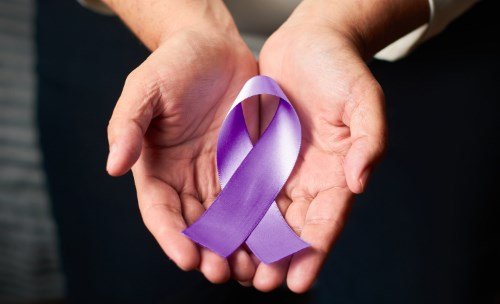As the toxic drug crisis continues to devastate families across British Columbia, the city of Delta is turning grief into action. On August 31, people in Delta came together to mark International Overdose Awareness Day, using the day not only to remember loved ones lost but also to strengthen community-led solutions.
The Delta Community Action Team (DCAT) has been at the center of this work. Their efforts focus on addressing three major challenges that fuel the crisis: youth disconnection, lack of access to specialized supports, and the deep stigma surrounding substance use.
One of the biggest issues highlighted in Delta is the lack of safe, low-barrier spaces where young people can connect with each other and with trusted adults. Outside of school, many youth struggle to find places that foster supportive relationships. These connections are essential, as they help build resilience and coping skills. Research shows that such protective factors play a critical role in reducing, delaying, and even preventing substance use among teenagers and young adults. Without these spaces, young people are left vulnerable. DCAT and local partners emphasize the need to invest in community hubs where youth feel welcome, valued, and supported in ways that encourage healthy choices.
While Delta offers general substance use counselling, many residents face challenges in accessing specialized services such as detox programs, prescribed alternatives, treatment centers, and peer advocacy. The city’s unique geography and spread-out communities mean that some people must travel long distances to reach these resources. Transportation, limited service availability, and family or work responsibilities add to these barriers. Local organizations are working hard to fill the gaps. They provide no-wait counselling, support groups, and prevention programs in schools. These efforts meet immediate needs, but long-term solutions must be local, flexible, and accessible to people balancing the demands of daily life.
Stigma remains one of the greatest obstacles in addressing the overdose crisis. Misunderstanding and judgment toward people who use substances often discourage them from seeking help. Stigma isolates individuals and influences how resources are allocated, how healthcare providers respond, and how families and schools support those in need. By framing substance use as a personal failure or moral weakness rather than a health issue, stigma delays lifesaving care and fuels cycles of shame. DCAT stresses that education and real conversations with people who have lived experience can shift perspectives. Breaking down stigma one conversation at a time helps create an environment where individuals feel safe to seek support without fear of discrimination.
Steve Gilmour, a DCAT member, emphasizes that the crisis cannot be addressed by focusing only on the drugs themselves. Since 2016, most overdose-related deaths in British Columbia have been caused by a contaminated and unregulated drug supply. Gilmour points out that to respond meaningfully, communities must look deeper—at the unmet needs, trauma, and pain that lead people to use substances in the first place. Initiatives such as Project: Connect aim to do just that. This program provides tools, education, and creative spaces to build resilience and foster alternatives to substance use. By promoting connection, support, and hope, Project: Connect helps people reduce harm while creating pathways toward healthier choices.
DCAT has developed resources showing how every Delta resident can play a role in addressing the crisis. This includes simple everyday actions, such as using respectful language when talking about substance use, as well as larger commitments, such as supporting community-led projects. Project: Connect not only raises awareness but also strengthens Delta’s broader strategy to dismantle barriers, reduce stigma, and give people practical support. By working together, the community is showing that solutions are possible when compassion and collaboration lead the way.
As Delta marked International Overdose Awareness Day, the message was clear: remembrance must go hand in hand with action. Each conversation, each safe space, and each supportive service brings the city one step closer to reducing harm and saving lives.

